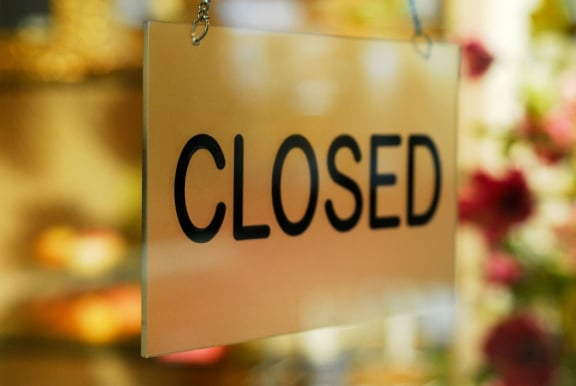Pace of shutdowns is slowing, but one in 10 firms open in 2007 are now gone
The number of broker-dealers closing each month still far outpaces the opening of new firms, but the rate of broker-dealers shutting down is slowing, according to a new research report by the Compliance Department Inc., a consulting group.
Over the first three months of the year, 93 broker-dealers closed their doors, while over the first quarter of 2011, 137 shut down, according to the report. Likewise, fewer new firms opened during this year's first quarter than last. All in all, 44 new broker-dealers opened in the first quarter of the year. In the first three months of 2011, that number was 57.
The number of broker-dealers has declined steadily as rising legal and regulatory costs — plus fallout from a number of failed investment programs tied to real estate and private placements — have knocked many firms out of the industry.
According to the Financial Industry Regulatory Authority Inc., 4,428 broker-dealers were open in March, compared to 5,005 in 2007. That works out to an 11% decline in five years.
“I don't see an end to the steady downtick” of broker-dealers' closing, said David Alsup, national director of business development with the Compliance Department. “And I don't see an uptick for a while." He noted that a stricter regulatory environment — particularly for mom-and-pop firms — will lead to further consolidation in the industry. "You just can't be a two-man shop and hire a $70,000-per-year compliance officer and stay in business,” he said, adding that smaller firms that control a large amount of assets will fare better.
The average net loss of the number of broker-dealers is now 10 firms a month. That's down from the recent figure of 12 per month, he said.
The first quarter is an important measure in the industry because firms that intend to close will do so during that time to avoid paying annual fees assessed by Finra.
The slight abatement in the number of firms closing over the first three months of this year, when compared to the same period last year, was due to a couple of factors, he said. The economy has improved slightly, and trading volume for retail- oriented broker-dealers improved a little, but not a lot, he said. “That's across the board. Volume was better for equities, private placements and variable annuities,” Mr. Alsup said.
And the independent-broker-dealer industry is moving beyond the costly fallout of the “big three” of failed private placements: Medical Capital Holdings Inc., Provident Royalties LLC and DBSI Inc. Mr. Alsup said that about 50 broker-dealers that sold those products have shut their doors.







